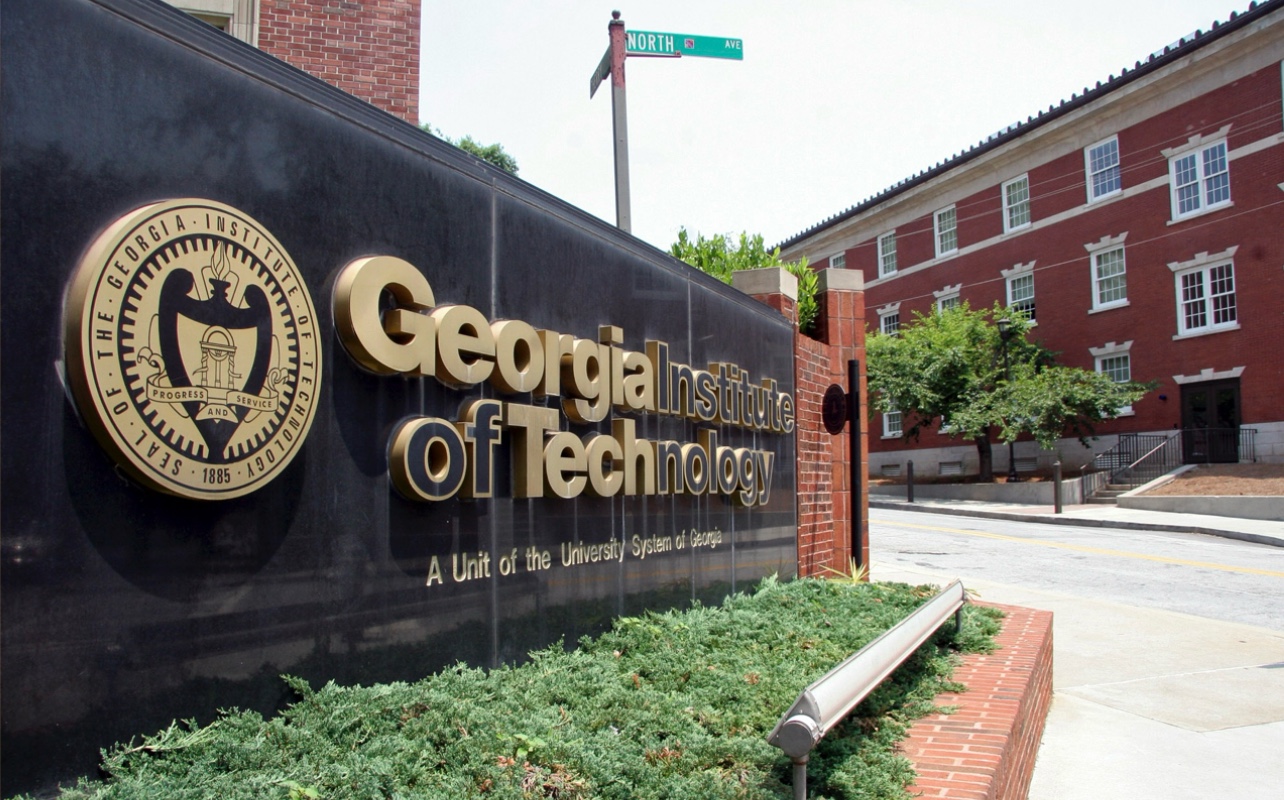
September 18, 2024
Georgia Governor Signs Executive Order Allowing In-State Schools To Pay Athletes
Kemp’s order both goes against NCAA rules and forbids either that governing body or any conference that the schools inside of Georgia belong to from levying punishment against the schools for paying players via NIL agreements.
As the NCAA v. House court case meanders toward a conclusion, Georgia Gov. Brian Kemp decided to take matters into his own hands. On Sept. 17, he signed an executive order that allows universities in the state to directly pay athletes using name, likeness, and image (NIL) deals.
According to ESPN, Kemp’s order both goes against NCAA rules and forbids either that governing body or any conference that the schools inside of Georgia belong to from levying punishment against the schools for paying players via NIL agreements.
There is already a similar resolution in the NCAA v. House settlement, but those rules, once agreed upon and finalized, would not go into effect until the beginning of the next academic year, while Kemp’s executive order has immediate effect. A similar law was passed in July 2024 by Virginia’s Legislature, giving that state’s universities the ability to directly pay its athletes without fear of NCAA punishment.
According to ESPN’s sources, neither the University of Georgia nor Georgia Tech, two of the state’s flagship universities, have any plans to pay players immediately. Georgia Athletic Director Josh Brooks and Georgia Tech Athletic Director J Batt released a joint statement thanking Gov. Kemp for basically giving them a leg up in recruiting but made no overtures about paying players at this time.
“We extend our sincere gratitude to Governor Brian Kemp for his leadership today,” the athletic directors told ESPN. “In the absence of nationwide name, image, and likeness regulation, this executive order helps our institutions with the necessary tools to fully support our student-athletes in their pursuit of NIL opportunities, remain competitive with our peers, and secure the long-term success of our athletics programs.”
Georgia and Virginia’s laws effectively mean that schools in the two states could start paying players immediately and without a cap on the figure, unlike the proposed antitrust settlement, which would cap NIL payments at a little over $20 million in year one and increase year over year. Were schools in those states to start paying their players, the only recourse for the NCAA would be another court battle.
According to the Athens Banner-Herald, the executive order argues that the state of the NCAA v. House settlement has made rules around intercollegiate athletics inconsistent. “Legislative and executive actions across the country create a patchwork of inconsistent rules regulating intercollegiate athletics,” the executive order states.
The NCAA, the Power Five conferences (SEC, ACC, BIG 12, PAC 12, BIG 10), and lawyers for the plaintiffs in three antitrust cases have asked a federal judge in California to approve a settlement including nearly $2.8 billion in damages, but on Sept. 5, U.S. District Judge Claudia Wilken indicated that she would not approve the current settlement.
According to the outlet, Wilken has an issue with the NCAA’s proposed regulations, calling them “quite strict,” and wondered if the agreement would cause athletes to lose payments they have already received from NIL collectives. The parties, that is, Judge Wilken and the lawyers, agreed that the lawyers would return with a fix for the deal by Sept. 26.
RELATED CONTENT: NCAA Will Provide Post-Eligibility Injury Insurance Coverage For Student-Athletes